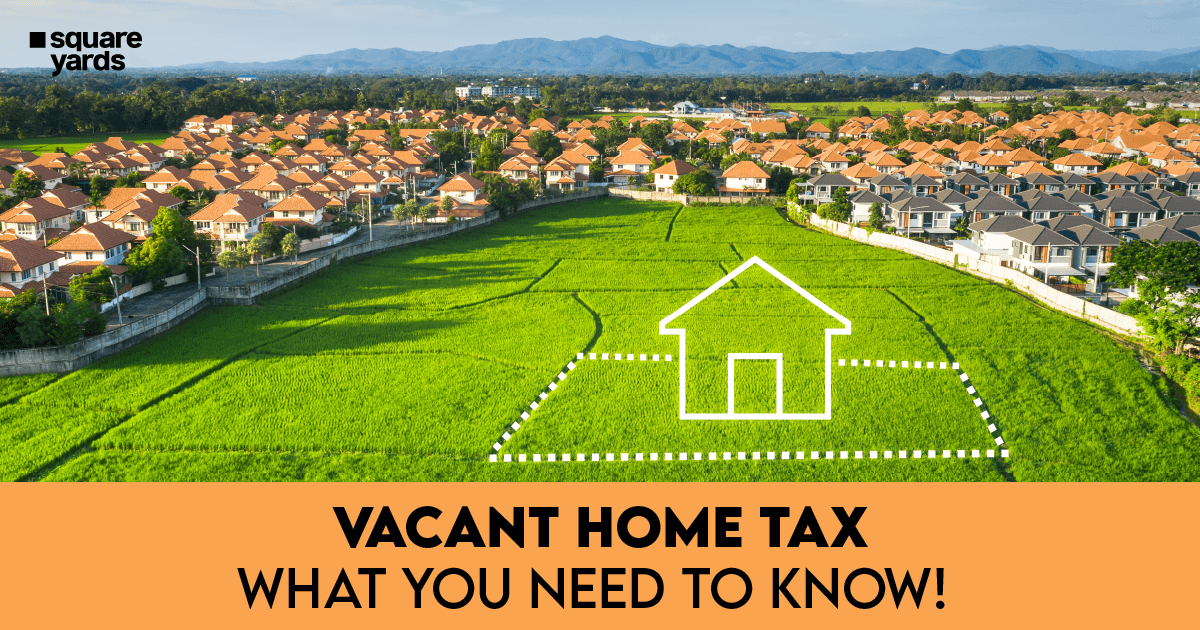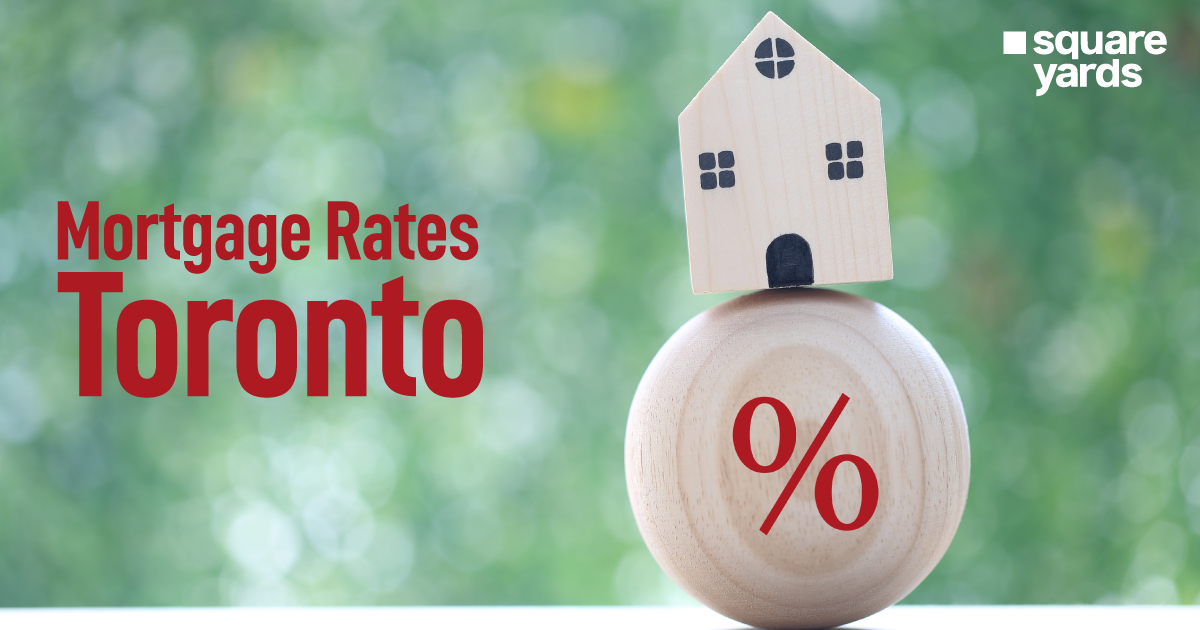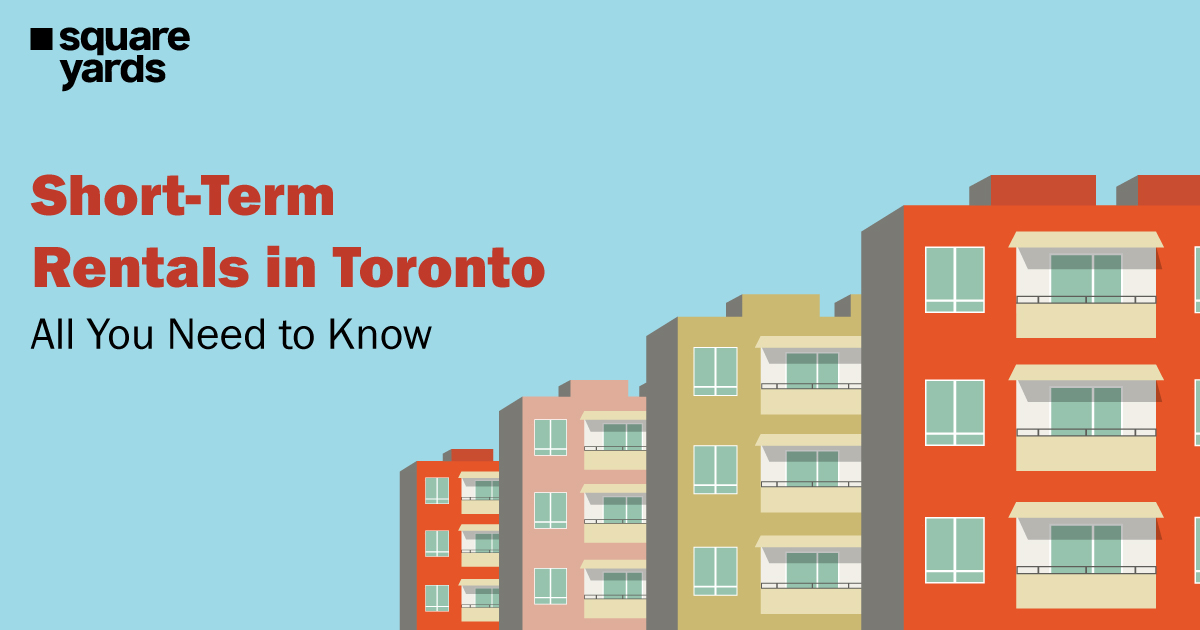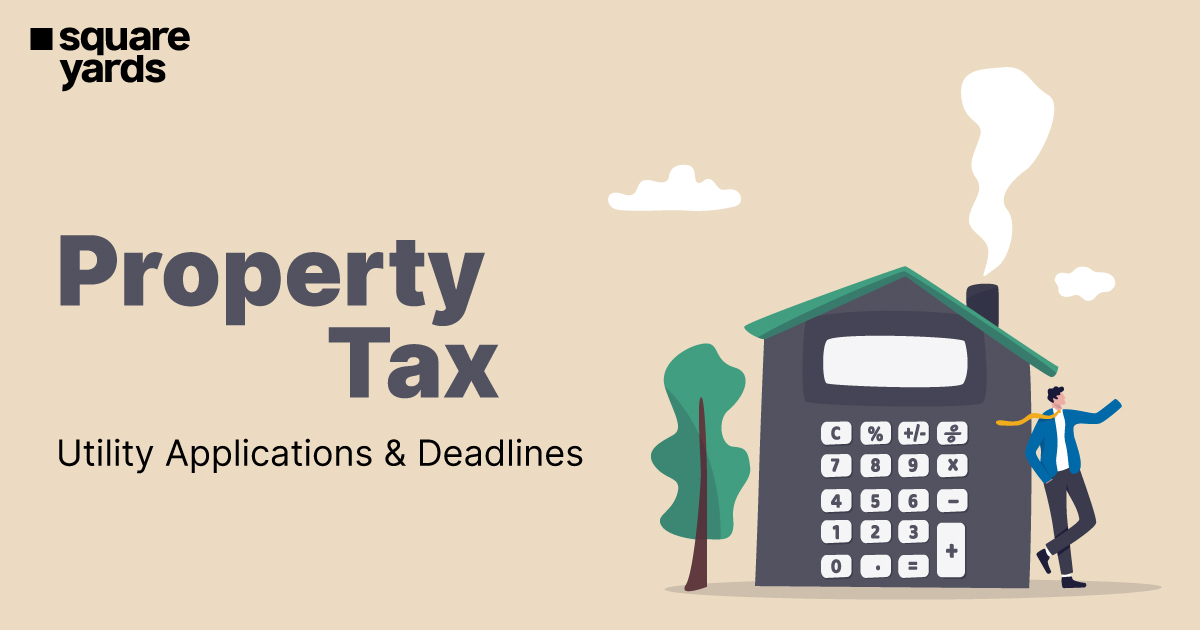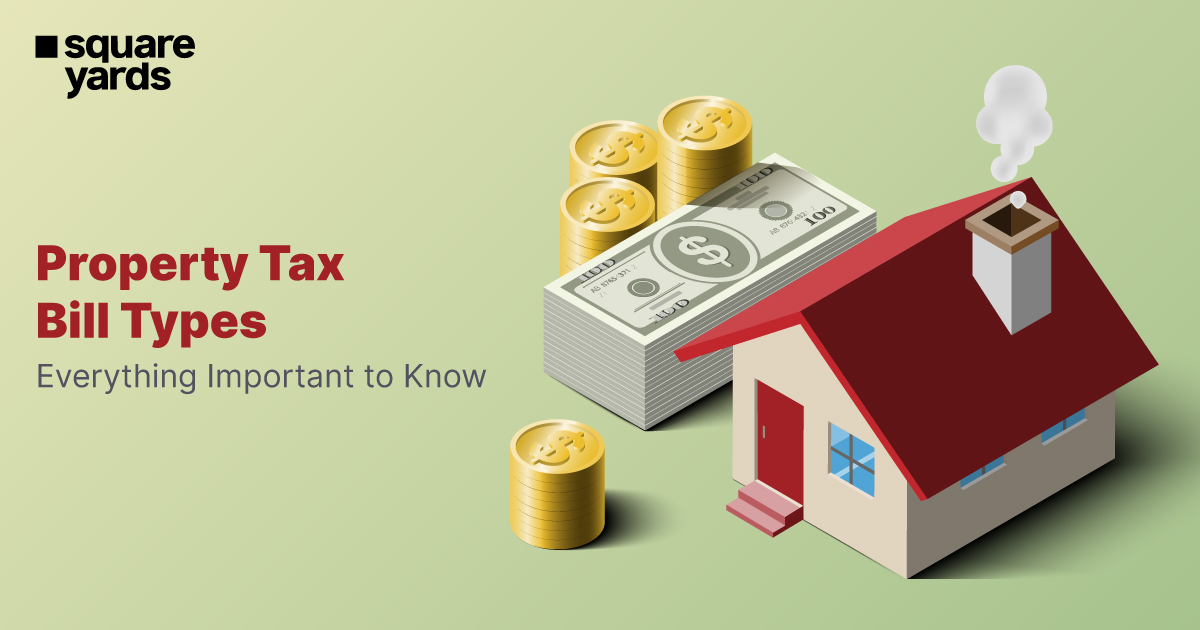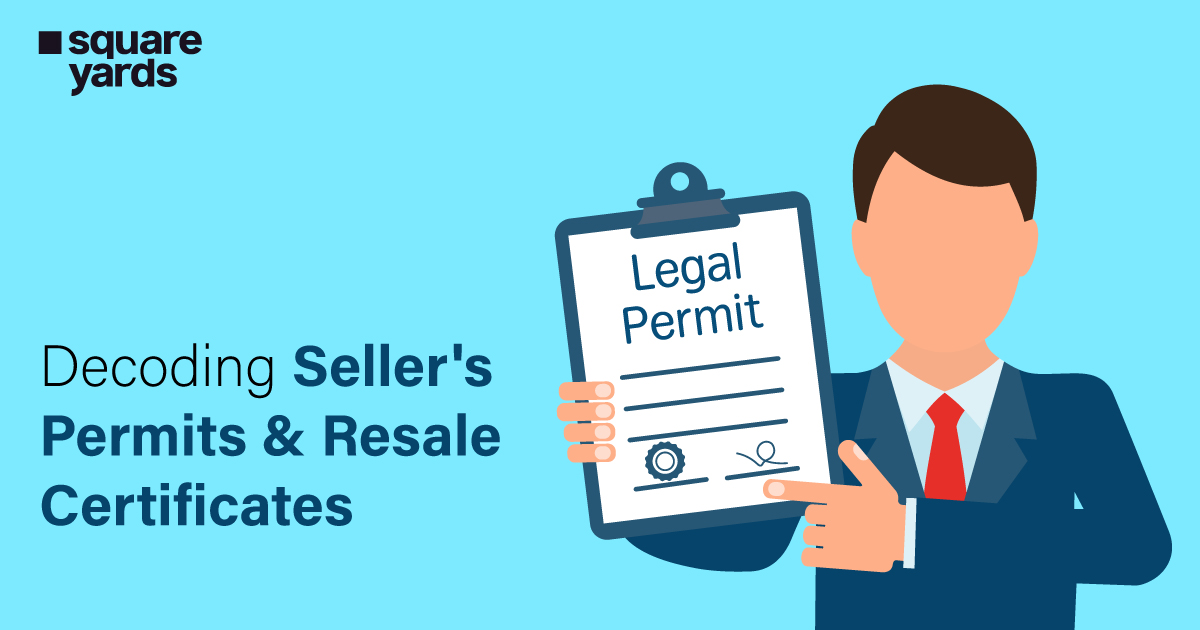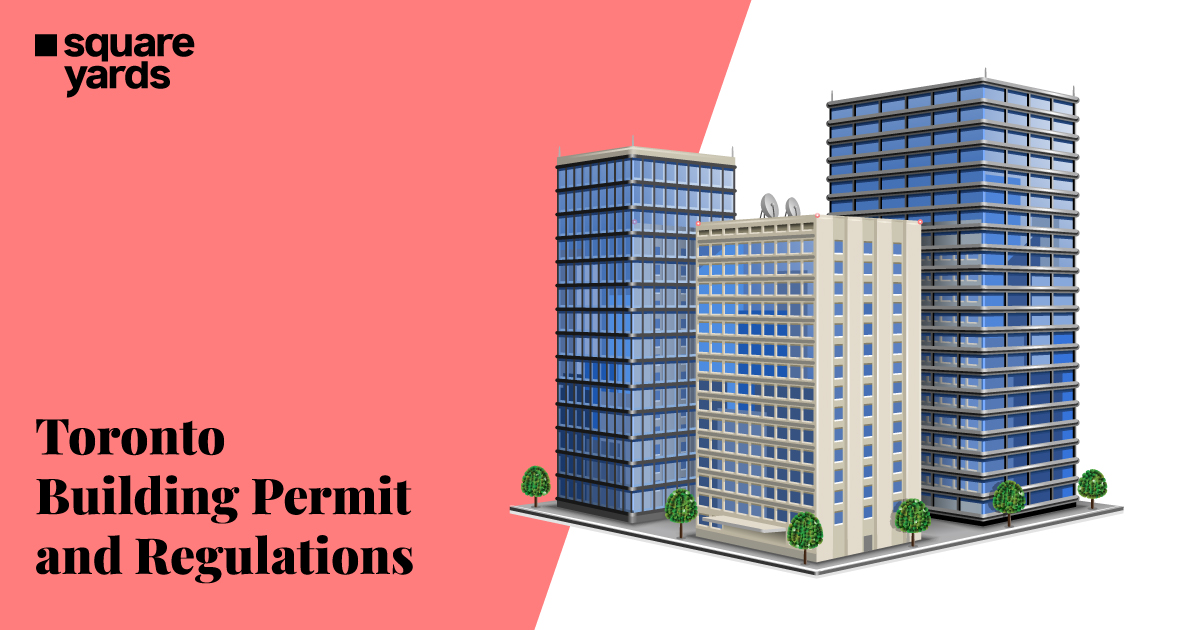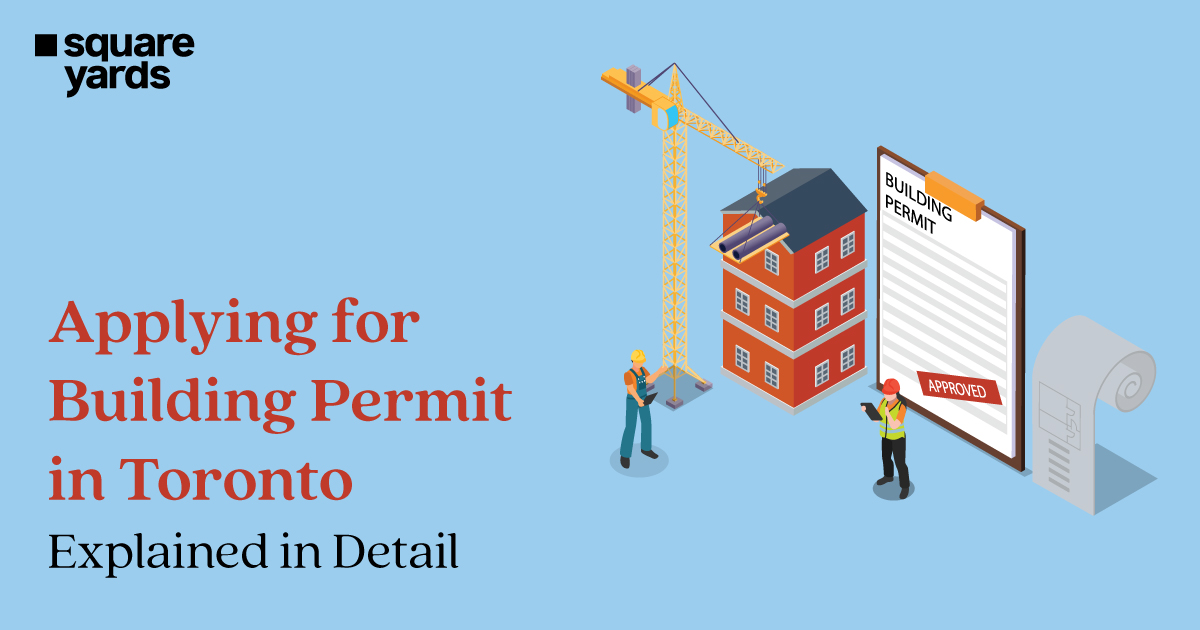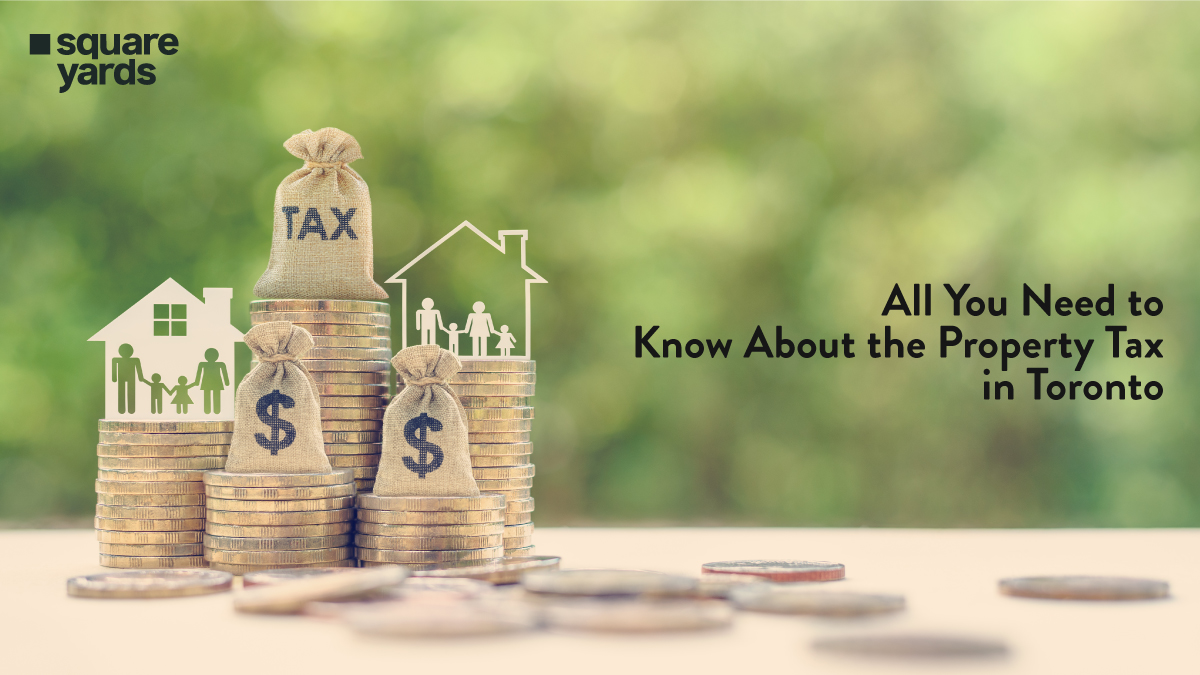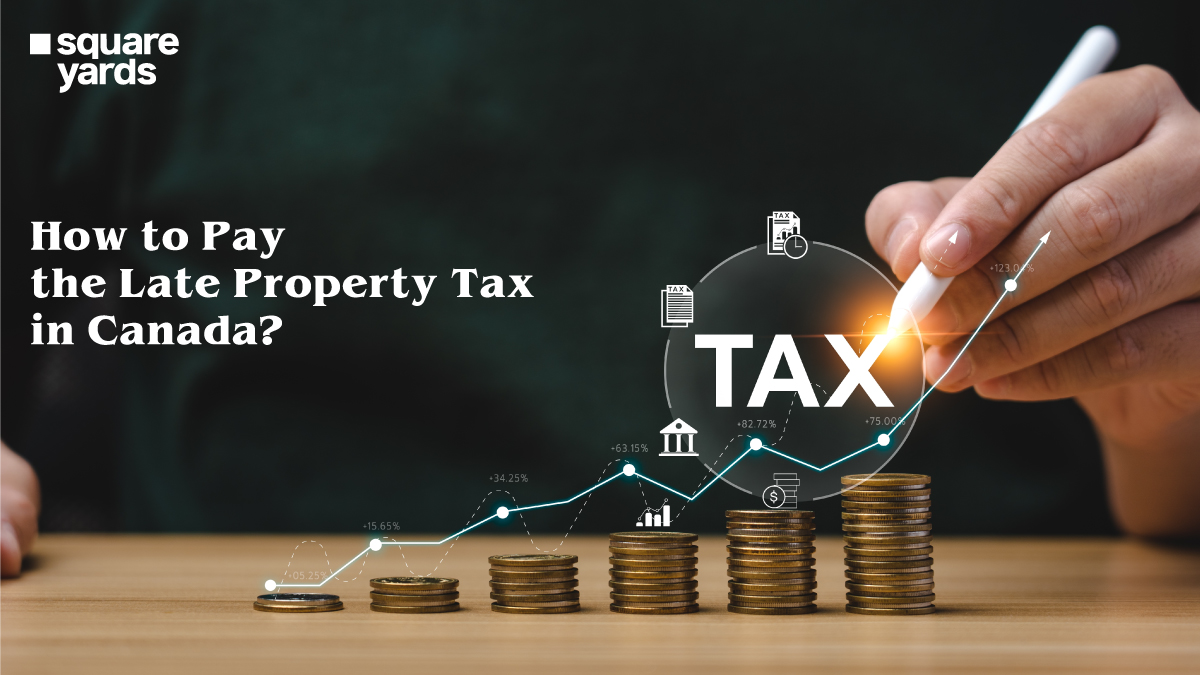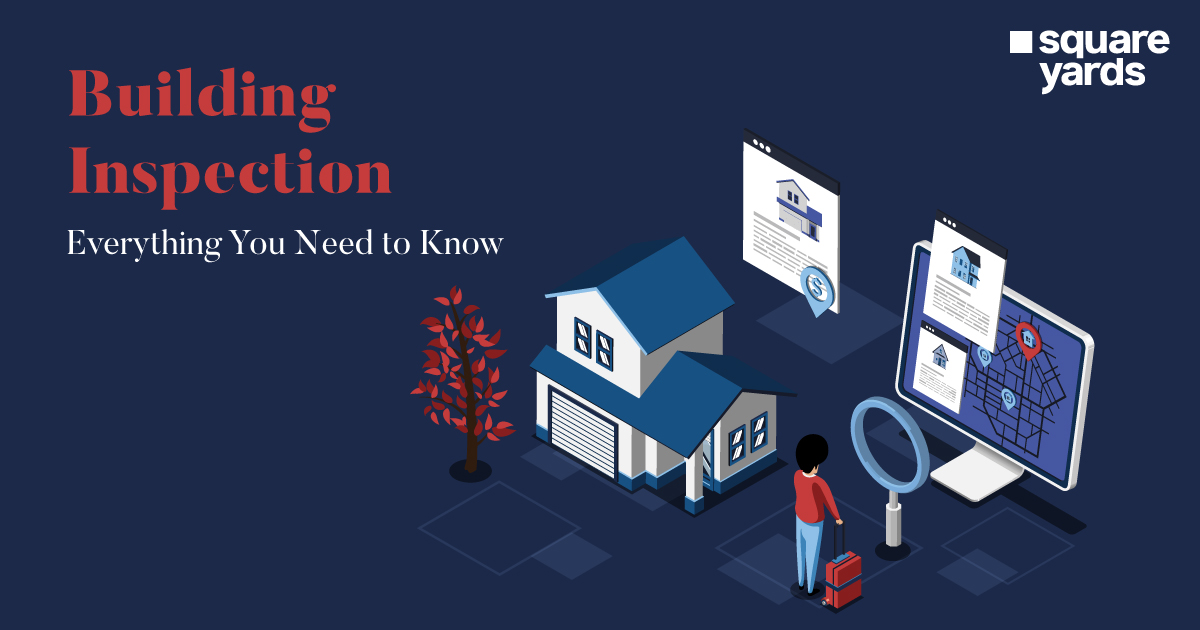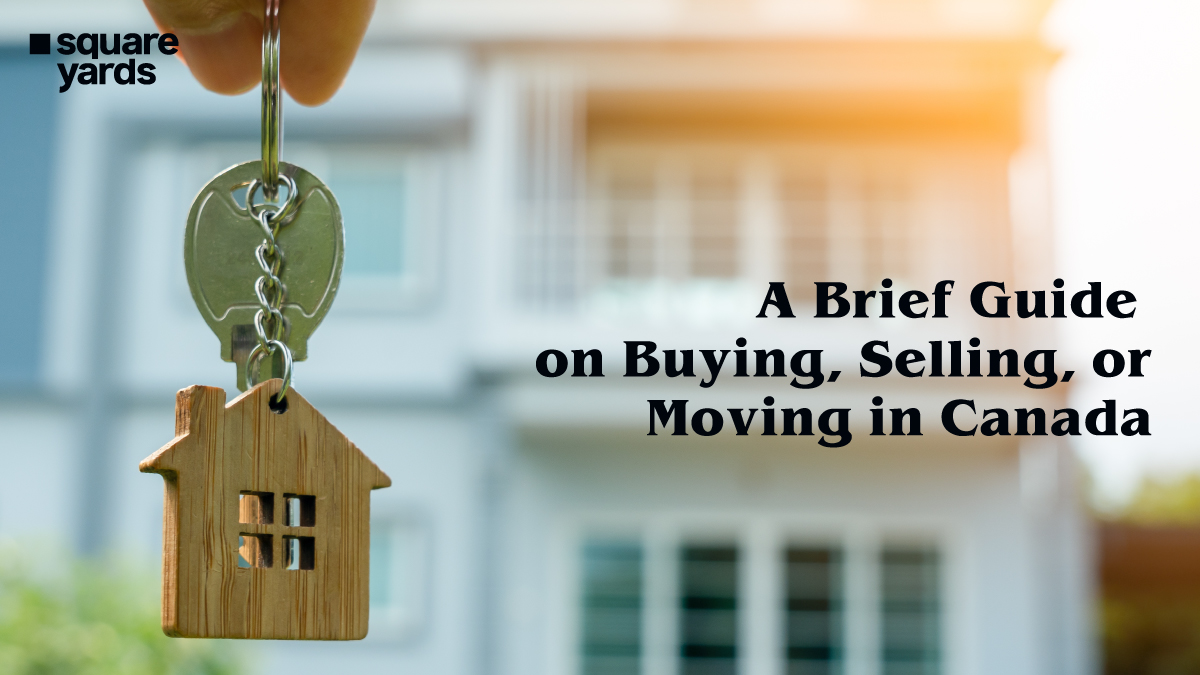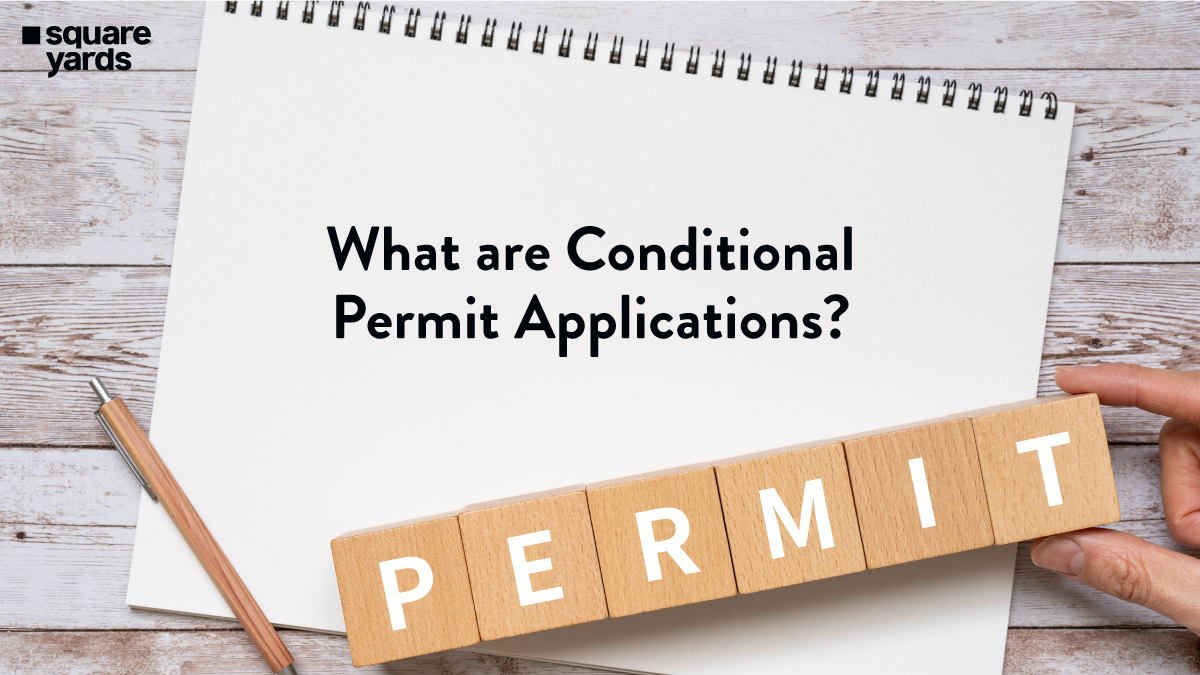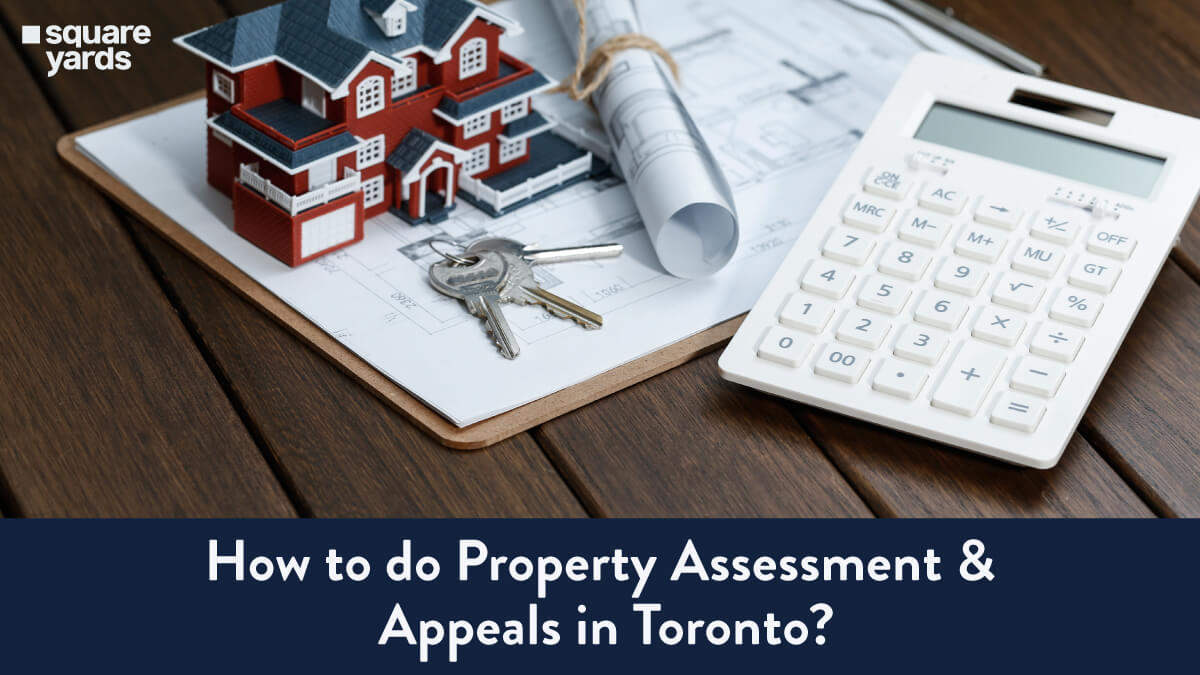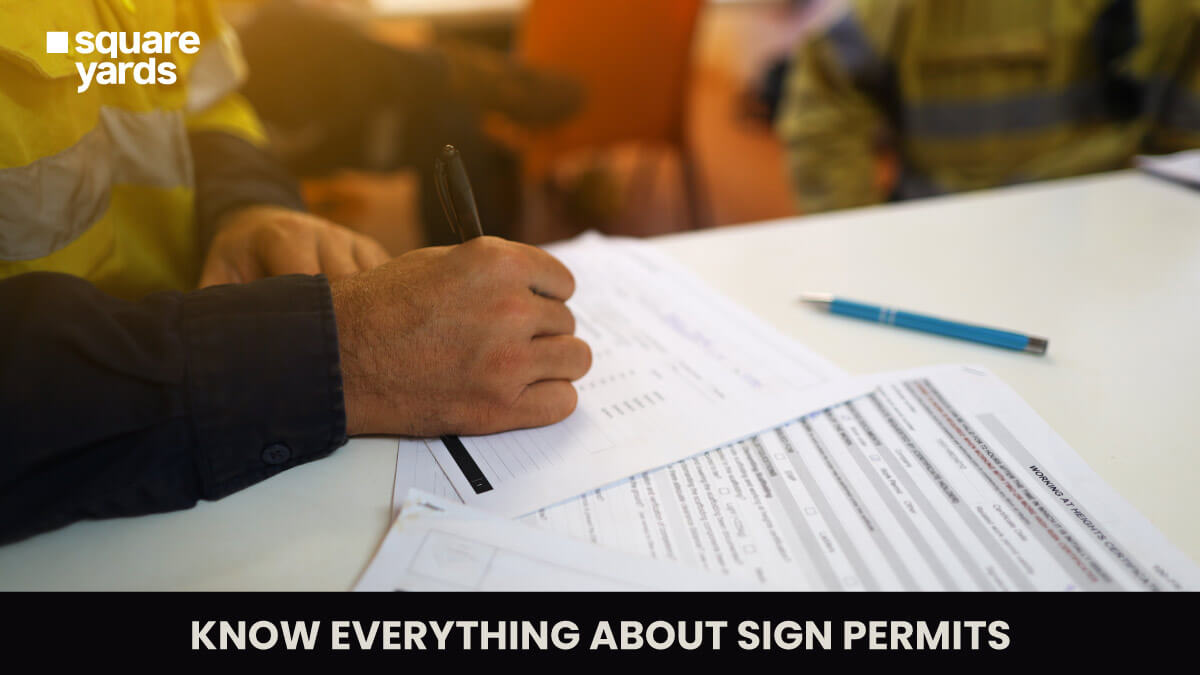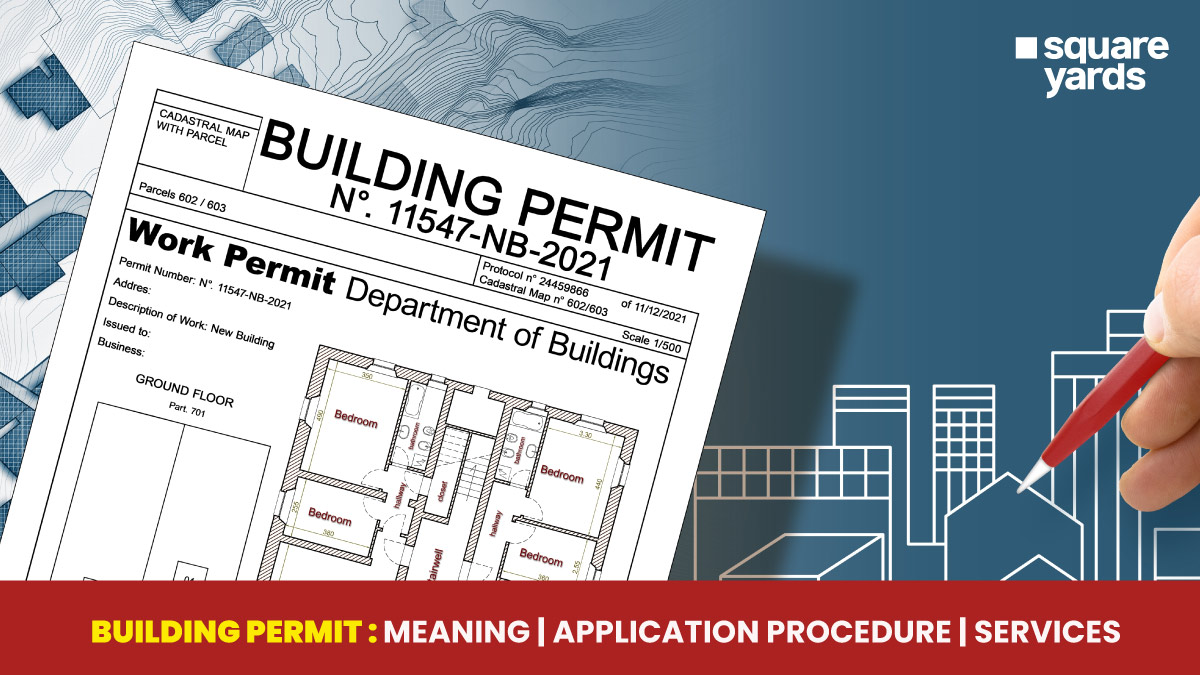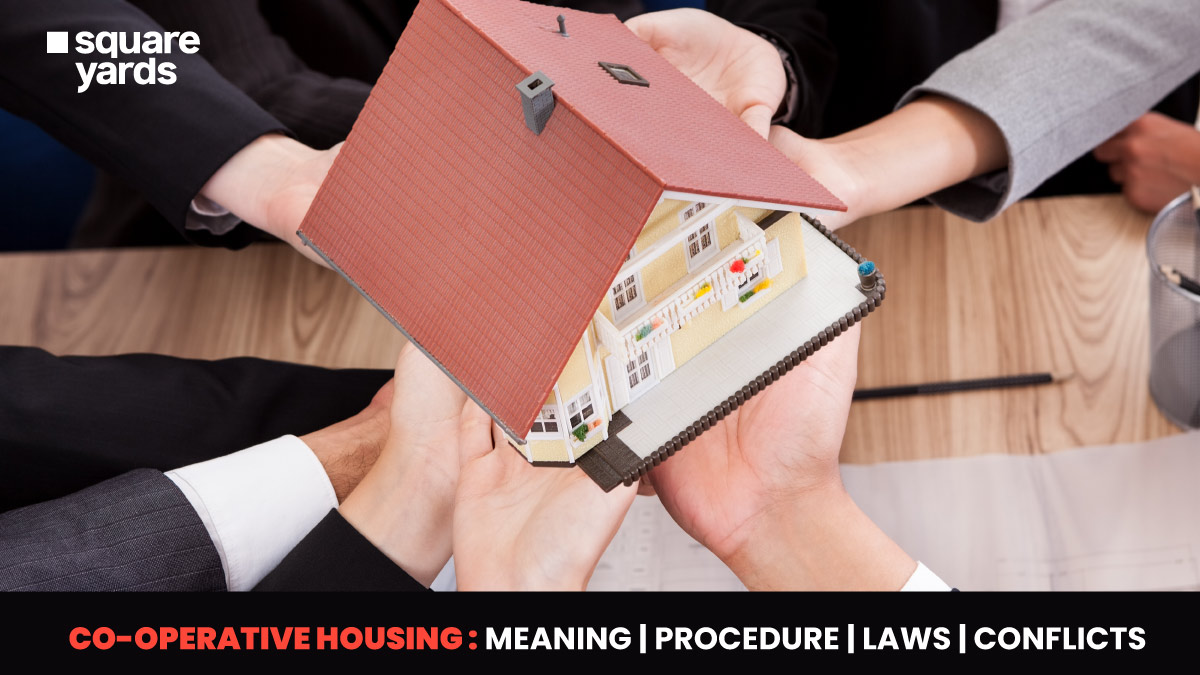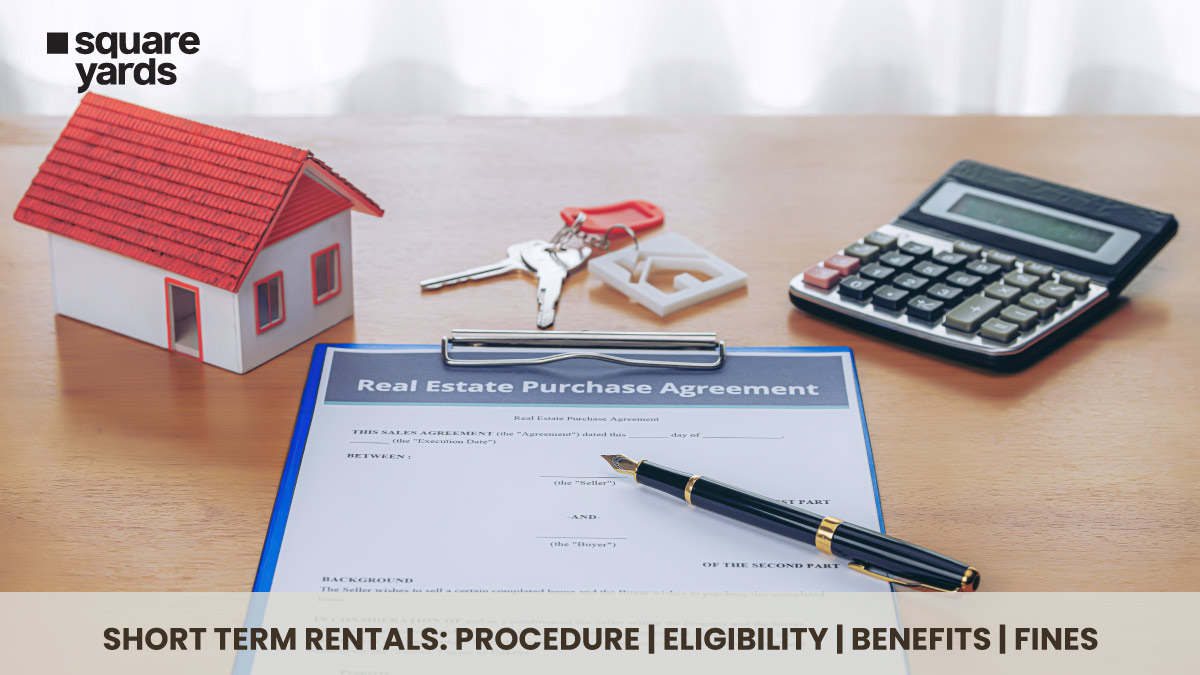A tax is a mandatory financial charge or some different type of levy imposed on the taxpayer by a government with the purpose of funding government spending and multiple public expenditures. The government levies tax on things such as capital gains tax, gift tax, and income tax, but the most important tax is the one that is levied on the house. Apart from this, there is the vacant house tax which usually people are confused about and wonder about. So let’s discuss this in detail with the example of the Toronto vacant home tax.
See How It Works
Compulsory Disclosure of Occupancy Status
All the owners of residential properties in Toronto need to announce their property occupancy status each year, even if the property is their primary residence. The occupancy declaration should be made by the property owner or the person acting on behalf of the landlord. The declaration will estimate whether the vacant home tax is imposed and payable.
Calculation of Vacant Home Tax
When calculating the Toronto vacant home tax in Toronto, always consider one percent of the (CVA) Current Value Assessment of the property that is declared, deemed, and identified vacant for more than 6 months during the earlier year. For instance, in case the CVA of your real estate is $1,000,000, then the payable tax amount would be around $10,000 (1% x $1,000,000).
The tax is calculated as per the property’s occupancy status from the earlier year. For instance, if the property wasn’t occupied in 2022, you would need to pay the tax in 2023.
Learn How You Can Declare
In order to declare, you need the property tax account statement or customer number via the house tax bill along with the 12 digit assessment roll number.
The occupancy status declaration must be made via the city’s safe online declaration platform. If needed, the homeowners can finish the paperwork for the declaration form. The paper form should be completed and attained by Toronto before the due date in order to avoid any fines and getting your property deemed unoccupied. The partially filled forms will be rejected. You can find the address of submission at the bottom of the declaration page.
Note: Please beware of the Canada OPst delivery timings. You can also utilize the free software, i.e., Adobe Acrobat Reader for the best user experience to complete the declaration and save or download the fillable form.
An audit might be required for the residential units that are not attained by their owners. In the event that Toronto manages the audit, then the homeowners might need to submit the documentation and information of the tenants or allowed occupants to ensure occupancy whilst the period of taxation.
The owner must pay the vacancy tax if the residential estate is declared unoccupied for six months or even more during the year of taxation without no eligible exemption. The property owners are answerable for the tax issued on a vacant home tax notice in the month of March or April, and the payment will remain payable on May 1st.
The residential properties will be considered vacant in case the property owner omits to do the yearly declaration by the deadline and give the supporting documentation.
In case there’s an issue with the tax declaration you have submitted, you can:-
- You can put forward another declaration before February 2, the deadline of the declaration.
- Submit NOC (notice of complaint) if you submit it post the declaration deadline.
Note: You might have to serve a fine of $250 to $10,000. In case of declaration failure or false declaration.
Different Types of Property Status Declarations
| Occupancy Status | Description | Subject to Vacant House Tax? |
| Inhabited as main residence of the owner | The property where you live and indulge in your daily routine (pay bills, conduct daily affairs, send mail, etc.) can be your main residence. This is true despite your leaving the property for an extended period of time. | No |
| Inhabit as the main residence of the permitted occupant | An individual who is allowed by the registered owner to use the property according to their primary residence. An authorised occupant isn’t a subtenant or tenant; an authorised individual may indulge, but isn't restricted to, a friend or a family member of the owner. | No |
| Occupied as a tenanted residence | A residential estate that is inhabited by an individual who has made an agreement of tenancy of not less than 30 days to attain the property with one or more than one tenants for six or more months through the year. | No |
| Unoccupied with an entitled exemption | A property owner might declare the residence unoccupied with an acceptable exemption. | No |
| Unoccupied or deemed/identified unoccupied | A residence can be declared unoccupied by the owner of the home via their declaration of status of occupancy. A residence will be considered unoccupied if the owner omits to state its status. A residence that is chosen for verification or for recheck for a NOC (Notice of Complaint) or appeal could be estimated to be unoccupied upon the implementation of the review. | Yes |
Exemptions
A residence may remain unoccupied and could be exempt from the tax of Vacant House if any of the following standards are satisfied:-
| Eligible Exemption | Description | Supporting Documentation |
| Death of the registered property owner | The residence was not occupied for a period of six months or more in the earlier year because of the death of the registered property owner. | Copy of the death certificate |
| Renovations and repairs | The unoccupied residence is undergoing renovations or repairs, and all of the given conditions have been satisfied:- Utilisation and occupation of the unoccupied residence by renovations and repair work.
- All the important permissions have been approved for the renovation and repair work.
- The Chief Building Official of the City is the idea that the renovations and repairs are being ardently taken out without any important or legit delay.
| Description of the kind of project avoiding occupancy. Copy of residence permits approved related to the renovations and repairs. |
| Care of Primary residence | The primary occupant of the unoccupied property is hospitalised in a supportive care facility for a long time or at least for six months during the year of taxation. | Approved and signed letter from the health care facility on the letterhead. |
| The transfer of legal ownership | You bought the property in the previous year, and a sale includes the 100 percent transfer of the property's interest to any corporation or an independent individual. This excludes adding another owner, name changes, and removing a second owner. | Copy of the land transfer act. |
| Occupancy for the purpose of full-time employment | The unoccupied property is needed for the occupancy for the employment motive for not less than six months in the year of taxation, via its landlord, who has a primary residence outside the area of the Greater Toronto Area. | Residency Proof outside the Greater Toronto Area. Signed and approved letter from the employer on an employment contract or company letterhead. |
| Court order | There is an active court order that forbids the occupancy of vacant residences for not less than six months of the taxation year. | Copy of the order from the court. |
Vacant Home Tax Payment
In order to make sure that your payment has reached the City prior to the deadline, we would suggest you make the payment online via My Toronto Pay or via the banking portal of your financial institutions.
It is a new facility in Toronto, together with its associated partner, PayIt. Utilising MyToronto Pay, payments for vacant house taxes can be created via online transfer without any convenience fee or via debit or credit card with the convenience charge that is claimed via the company.
You can simply make the vacant Toronto property tax payment at financial institutions or at banks via telephone banking, online banking, at an AVM (automated teller machine), or individually.
Follow the steps to make a registration and pay via online banking:-
- You require an assessment of the 21 digit number via your unoccupied house tax notice.
- Sign-in to the secure website of your financial institution and choose the relevant listing of the payee.
| SN | Name of Financial Institution | Payee Listing for Vacant Home Tax |
| 1 | Bank of Montreal | Toronto, City of Taxes |
| 2 | Canadian Imperial Bank of Commerce | Toronto Tax |
| 3 | National Bank | City of Toronto Taxes |
| 4 | Royal Bank of Canada | Toronto City of - Taxes |
| 5 | Scotiabank | Toronto (City) Property Tax |
| 6 | TD Canada Trust | Toronto Tax |
In case your bank is not registered, you can also approach your financial institution for more details. The information about the payee is subject to change with no notice. In case you require any help, you can approach your financial institution at any time.
The City approves acceptance cheques belonging to the Treasure, Toronto:-
Treasure, Toronto City Box 5000 Toronto, ON M2N 5V1
Payment and Inquiry Drop Box and Counters Facilities
Here, you can make the payment via money order, cheque, MasterCard, Visa, cash, debit card, or American Express. If you are making the payment via Dropbox, the cheque and money orders are also accepted.
The Vacant House Tax and the Change of Ownership
The vacant house tax has consequences for the transaction of the property, both for vendors and purchasers.
- It is the duty of vendors and purchasers to do the relevant preparations to make sure of the filing of the declaration.
- The house's vacancy tax will create a charge on the property, and any overdue tax will turn out as the responsibility of the purchaser.
- If the closing happens amid January 1 and February 2, and the deadline for the declaration timeline is February 2, the purchaser must finish the declaration before the closing date because just the vendor knows the property's status of occupancy for the previous year.
- In case the closing happens after the declared period, i.e., from February 3rd to December 31st, then the buyer is required to submit the declaration in the following year.
Note: The buyer must qualify for the "transfer of legal ownership" exemption.
- Vendors must give a replica of the finished and filed property status declaration to the buyer.
- Vendors must give a filed property status announcement at the time of closing to confirm the status of the field residence and to assure that the declaration is correct and true.
Audits
The disclosure of occupancy statuses chosen for audit indicates that you might need to declare supporting documents. We have listed the supporting documents below, which conclude, but are not limited to:-
- The registration of an Ontario vehicle, as well as the documentation of the vehicle of the owner or any occupant.
- Personal identification is issued by the government, which includes the driving licence and Ontario Id Card of the owner and any occupant.
- Notice of income tax or income tax returns of assessment for any occupant or owner.
- Lease contract for the residential house.
- Grants and wills of certification or the approval of management in respect of the owner’s estate or the owner.
- Employment record, payment statements, and employment agreements of any owner or occupant.
- Tenant’s insurance certificate or the insurance certificate of the homeowner.
- Legal affidavits or documentation in regards to the tenancy of the residence and any exception.
Kindly keep in mind that the supporting documents listed above will just be required if your occupancy status declaration is chosen for audit.
All the documents and records belonging to the inhabitation of the residence or any liberation alleged must be maintained for a minimum not less than three years.
Complaint Notice
In case you do not agree with the Supplementary Assessment Notice or Vacant House Tax Notice, you can file a complaint to get a review of your property’s occupancy status. Make sure that you file a complaint under the following time frames:-
- Vacant house tax notice: Before or on April's 10th business day, in the year next the due date.
- Notice of Supplementary Assessment: Under 90 days from your notice.
If you are an applicant, then you must include the following information:-
- Customer number or roll number of assessment.
- The full name of the complainant is listed along with the contact information (email or phone number).
- Include details that specify your identity to act on the owner's behalf if you are a complainant behaving on their behalf.
- Evidence to validate the reason for the complaint along with the supporting documentation
You might need to submit the documents or additional details in accordance with your complaint. If you do not provide the additional information, it will be ignored. But if you are able to provide all the required evidence and details, then you will receive a written response within 30 days from the date of the determination.
Appeals
In case you do not agree with the conclusion formed on your complaint’s notice, you can file an appeal within the period of 90 days. The request is confined to the similar issues brought up in your primary complaint until the result of your complaint is released in a varied assessment or reassessment.
You may also submit your appeal through an online portal, which must include the following information:-
- Customer number or a roll number of assessment.
- The requestor's full name, as well as the information for three contacts (email address or phone number).
- If you are functioning on the owner’s behalf, then you are required to submit details about your relationship with the owner of the property and your authority to act on the owner’s behalf.
- Supplementary details provide proof to validate the cause for the request.
Following receipt of your appeal request, your submission will be verified by Applegate Authority within 90 days. The same authority will make the decision to dismiss or allow the appeal in parts or as a whole.
Late Payments, Fines, and Interest Charges
The by-laws include provisions for fines for failure to pay and penalties for several offences.
Fees, Late Payments, and Interest Charges
The interest imposed on any delayed vacant home tax is charged at 1.25 percent of the rate on the very first day of default and on every first day of the month. Thenceforth, for as long as fees and taxes remain unpaid. When a payment is missed, the remaining balance is included in the residence tax roll for residential estates and gathered in the same way as property taxes.
All payments that are not endorsed through financial institutions will be subject to a processing fee for unpaid checks and insufficient funds.
In case your property status declaration isn’t formed under the declaration deadline of February 2, 2023, then you’ll have to serve a fine of $250.
You will get a chance to submit the delayed declaration, and depending on your acknowledgement, you can also get a supplementary notice of vacant house tax.
If you fail to declare the property status, it might result in a "deemed vacant" status, which could put your property in a tax slab, thus, you might also receive a "Vacancy Tax Notice."
If you break any of the listed rules and are found guilty, it might lead you to serve a fine of $250 to $10,000 for each offence, which includes
- If you fail to declare the property status, as and when required.
- If you make a false statement or agree with a false statement in an announcement, you are in violation of the law.
- Alarming you about disposing of or hiding any statements in order to avoid the payment or remission of tax.
- Making wrong entries or agreeing to them, omitting details
- Avoiding or trying to avoid the following deliberately, for any reason:-
- Tax payment
- Otherwise obeying the rules.
Background
In the year 2019, the City Council requested details associated with the feasible execution of the vacant home tax in Toronto. The City Council requested in their meeting held in December 2020 that it state how the city staff advances the key features of tax design along with the administrative structures to assist a vacant house tax programme. Also, the meeting talks about the return, with a suggested design for an unoccupied house tax by the end of the second quarter of 2021, for tax execution in 2022.
The City Council of Toronto approved the implementation and development of an unoccupied home tax at its July 2022 meeting. As per its meeting that was held on December 15, 16, and 17 in 2021, Council rectified the Toronto Municipal Code to add Chapter 778, of the Taxation, unoccupied home tax.
You May Also Read:

